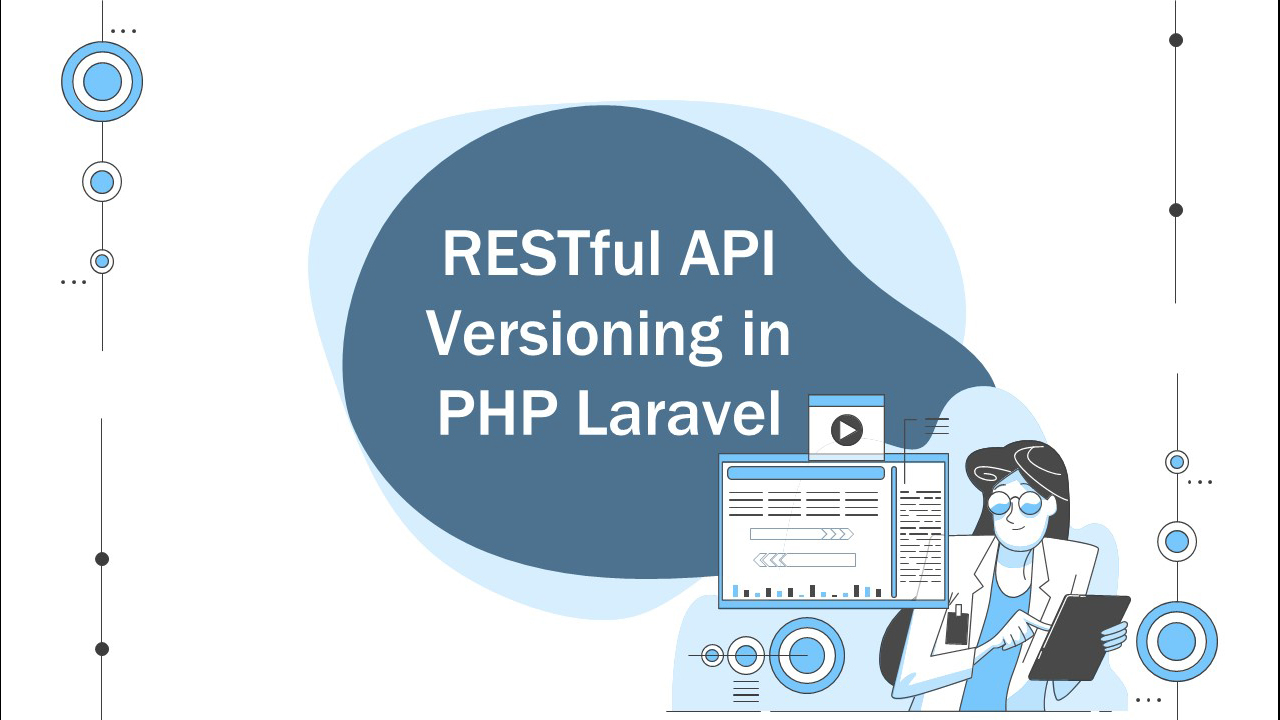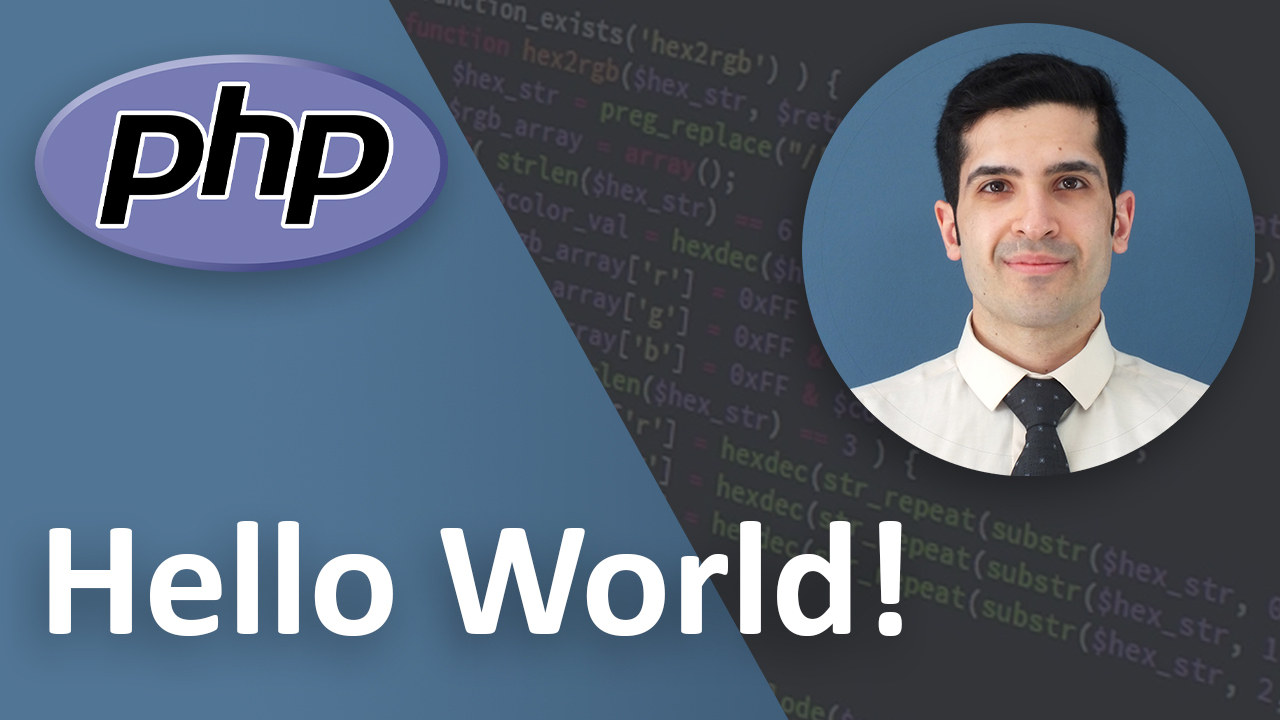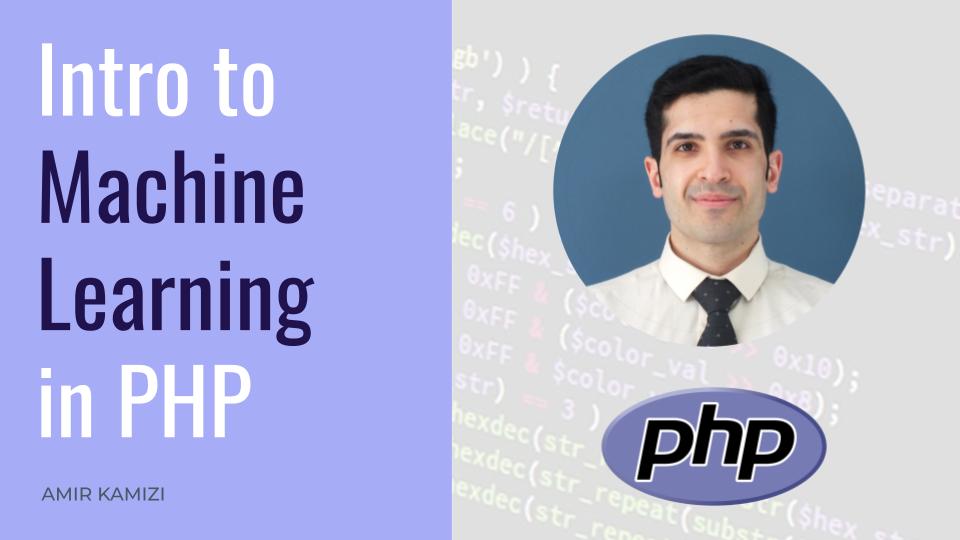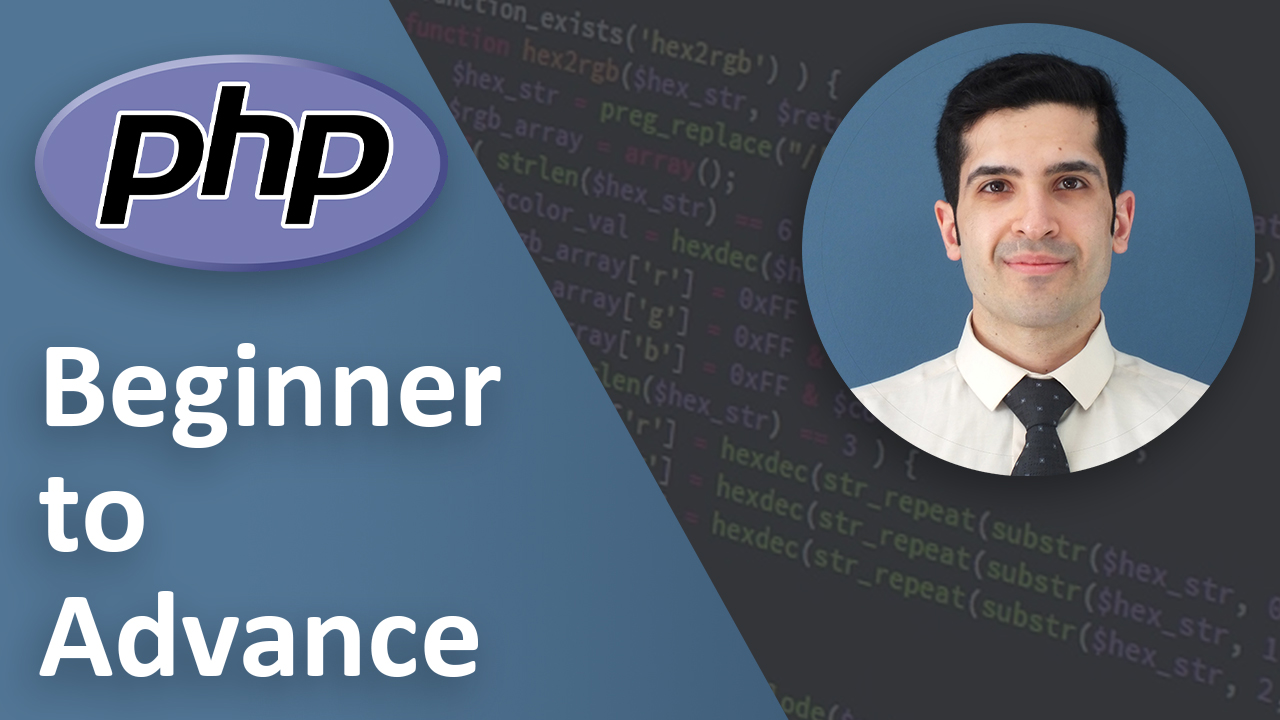What Modern PHP Looks Like in 2025
Last Updated on Jul 18, 2025
- Introduction
- Core Language Features and Syntax
- Tools and Libraries
- 1. Composer
- 2. Symfony Components
- 3. Laravel and Modern Frameworks
- 4. Pest PHP
- 5. Static Analysis Tools
- 6. Rector
- Modern Development Practices
- 1. Strict Types Everywhere
- 2. Value Objects and Abstraction Layers
- 3. Dependency Injection and Service Containers
- 4. Event-Driven Architecture
- 5. API-First Development
- 6. DevOps and PHP
- 7. Async and Concurrency
- 8. WebAssembly and Edge PHP
- Community and Ecosystem Growth
- Key Takeaways
Introduction
PHP has quietly evolved over the years, shedding many of its dated stereotypes while embracing modern programming practices and tooling. What used to be a language mocked for its inconsistencies and spaghetti-code reputation is now a mature, robust, and highly adaptable part of the web development ecosystem.
In this post, we’ll explore what working with PHP looks like in 2025. From the latest language features to powerful frameworks, tools, and best practices, this is a guide for both seasoned developers and those who might have dismissed PHP in the past.
Our goal is to showcase modern PHP tools and techniques that are shaping the language’s renaissance and to highlight why PHP remains a relevant and powerful choice for web development today.
Core Language Features and Syntax
PHP 8.4 and Looking Ahead to 8.5
As of 2025, PHP 8.4 is stable, bringing steady, meaningful improvements, while PHP 8.5 is right around the corner. Modern PHP development is shaped by several core features:
- Typed Properties and Union Types: Strong typing is the standard in modern PHP applications.
- Readonly Classes and Properties: Immutable data structures are now first-class citizens.
- First-Class Callable Syntax: Cleaner, more expressive function references make the language feel modern and flexible.
- Fibers and Asynchronous Support: Fibers have matured, with wider ecosystem and framework support. Async workflows are more practical than ever.
- Improved Performance and Memory Efficiency: PHP 8.4 builds on previous versions with smaller, consistent performance gains and memory optimizations.
- New Language Features in 8.4: Enhancements such as
Randomizerimprovements, betterjson_validate(), and refinements to type system capabilities. - PHP 8.5 on the Horizon: Early RFCs point to structured concurrency, expanded attribute support like
#[NoDiscard], and experimental async/await proposals.
readonly class BlogPost
{
public function __construct(
public string $title,
public Author $author,
public Content $content,
public DateTimeImmutable $publishedAt
) {}
}
readonly class Author
{
public function __construct(
public string $name,
public string $email
) {}
}
readonly class Content
{
public function __construct(
public string $body,
public array $tags = []
) {}
}
Tools and Libraries
1. Composer
Still the backbone of PHP package management, Composer continues evolving with Composer 2’s performance boosts, including parallel downloads and smarter dependency resolution.
2. Symfony Components
Even if you aren’t using full-stack Symfony, its components like:
- HTTP Foundation
- Messenger (for async jobs and queues)
- Dependency Injection Container
...are commonly used in standalone projects or as part of frameworks like Laravel.
3. Laravel and Modern Frameworks
While Laravel continues to be a dominant full-stack framework, defining the modern PHP toolchain is broader than Composer, Symfony Components, and Laravel alone.
4. Pest PHP
Pest has cemented itself as the testing framework of choice for many teams. Its syntax is clean, expressive, and modern:
it('creates a blog post', function () {
$author = new Author('Jane Doe', 'jane@example.com');
$content = new Content('Hello world!', ['php', 'modern-php']);
$blogPost = new BlogPost(
'Introducing Modern PHP',
$author,
$content,
new DateTimeImmutable('2025-07-18')
);
expect($blogPost->title)->toBe('Introducing Modern PHP');
expect($blogPost->author->name)->toBe('Jane Doe');
expect($blogPost->content->tags)->toContain('php');
});
5. Static Analysis Tools
Modern PHP development heavily incorporates static analysis:
- PHPStan
- Psalm
These tools enforce code quality, detect potential bugs, and support generics and advanced type annotations.
Code Standards and Static Analysis
PSR standards (like PSR-12 for coding style) combined with static analyzers ensure consistency and maintainability across teams.
Pro Tip: Incorporate static analysis into CI/CD pipelines to catch issues early.
6. Rector
Rector automates code refactoring and upgrades, including support for both PHP and Laravel version migrations. It’s indispensable for modernizing legacy codebases.
Modern Development Practices
1. Strict Types Everywhere
Most modern PHP projects now begin files with:
declare(strict_types=1);
When to Use Strict Types
-
Recommended: When your application relies on scalar values and you want predictable behavior.
-
Not Always Ideal:
- Strict types apply only to scalar types.
- They don’t protect against non-strict callers. Non-strict code calling your strict code can bypass those checks.
- If you find yourself doing manual casting frequently (e.g.,
"123password"toint), non-strict mode may reduce friction and lead to clearer, less brittle code. - Casting floats to ints is generally better handled in non-strict mode, as it will emit a deprecation warning for loss of precision that can be caught and handled.
Strict types offer predictability but come with trade-offs. As with many engineering decisions, context matters.
2. Value Objects and Abstraction Layers
Using value objects like Money ensures correctness and encapsulates domain-specific logic. Similarly, abstraction layers (like service interfaces and repositories) separate concerns, making applications easier to maintain.
3. Dependency Injection and Service Containers
Dependency injection is a foundational concept in modern PHP. Frameworks like Symfony and Laravel use service containers for managing dependencies, reducing manual wiring and improving testability.
Looking ahead, PHP 8.4’s proxy object support is expected to enhance dependency injection by enabling lazy-loaded services more efficiently.
4. Event-Driven Architecture
PHP projects increasingly adopt event-driven architectures using tools like Symfony Messenger and Laravel Events.
5. API-First Development
More PHP apps are built as APIs, using tools like:
- API Platform (built on Symfony)
- Laravel Sanctum and Passport for authentication.
6. DevOps and PHP
- Docker is standard. Projects ship with Docker Compose pre-configured.
- CI/CD Pipelines using GitHub Actions, GitLab CI, or Jenkins are common.
- PHP-FPM + Nginx setups remain popular, often paired with Laravel Octane or serverless platforms.
- Security & Supply Chain Awareness: Tools like Enlightn and Laravel Security Checker are now part of many teams’ deployment pipelines.
7. Async and Concurrency
While true async/await is still in development, fibers have matured. Libraries like AMPHP and ReactPHP now fully leverage fibers for practical asynchronous workflows.
8. WebAssembly and Edge PHP
PHP running on WebAssembly is no longer theoretical. Early adopters are experimenting with PHP apps deployed at the edge using Wasm, opening up new frontiers for the language.
Community and Ecosystem Growth
The PHP Foundation, established in 2021, continues to fund core development and champion open RFC processes.
Conferences like PHP[tek], Laracon, and SymfonyCon remain active, while online learning platforms regularly update content with the latest tools, frameworks, and language features.
The ecosystem is healthier than it’s been in years, powered by strong governance and a vibrant developer community.
Key Takeaways
- Modern PHP is strongly typed, immutable-friendly, and increasingly async-capable.
- Composer 2, Symfony Components, and Laravel 12 define the modern PHP toolchain.
- Static analysis, automated refactoring, and strict typing are standard in day-to-day development.
- PHP powers everything from monolithic apps to microservices, serverless functions, and even edge deployments via WebAssembly.
- A strong community and solid governance ensure PHP’s continued relevance and innovation.





